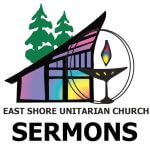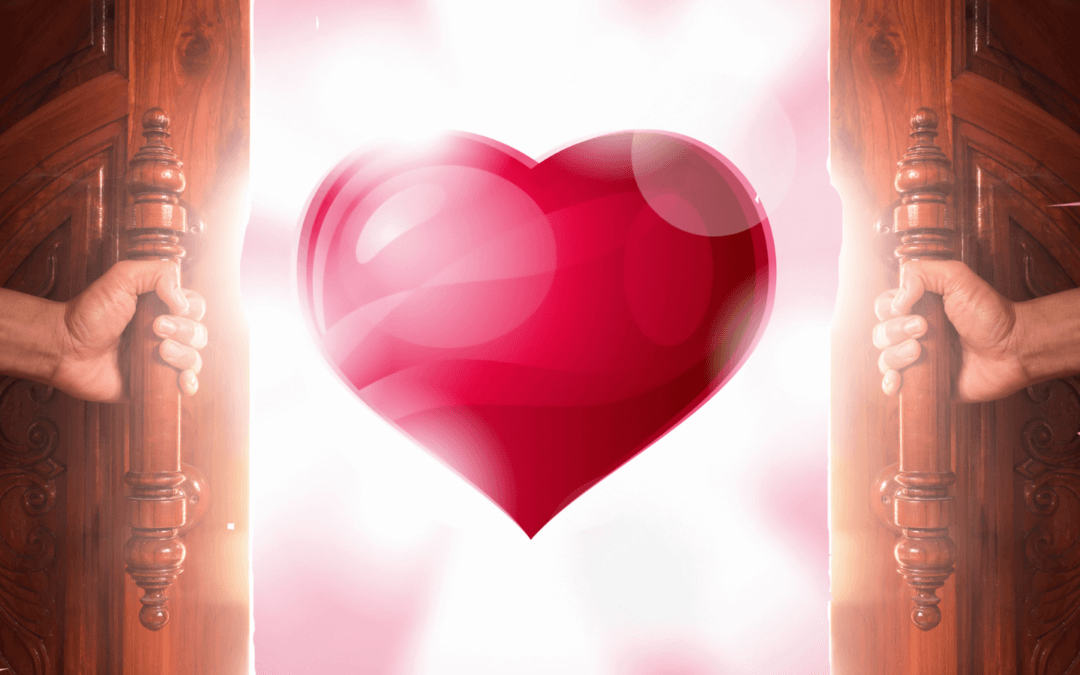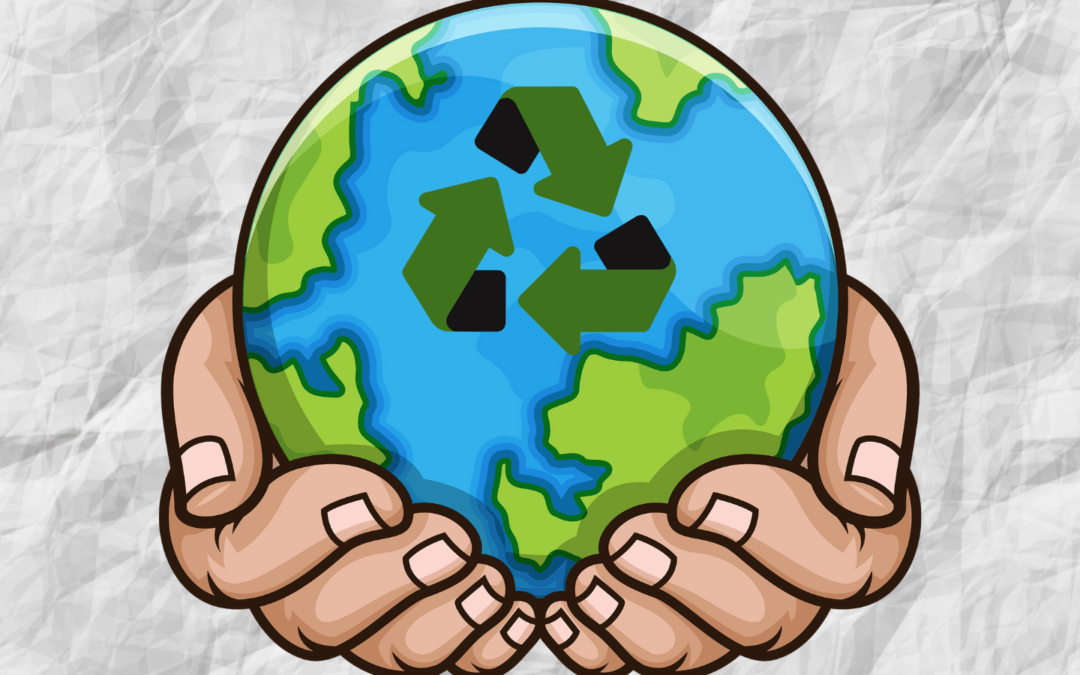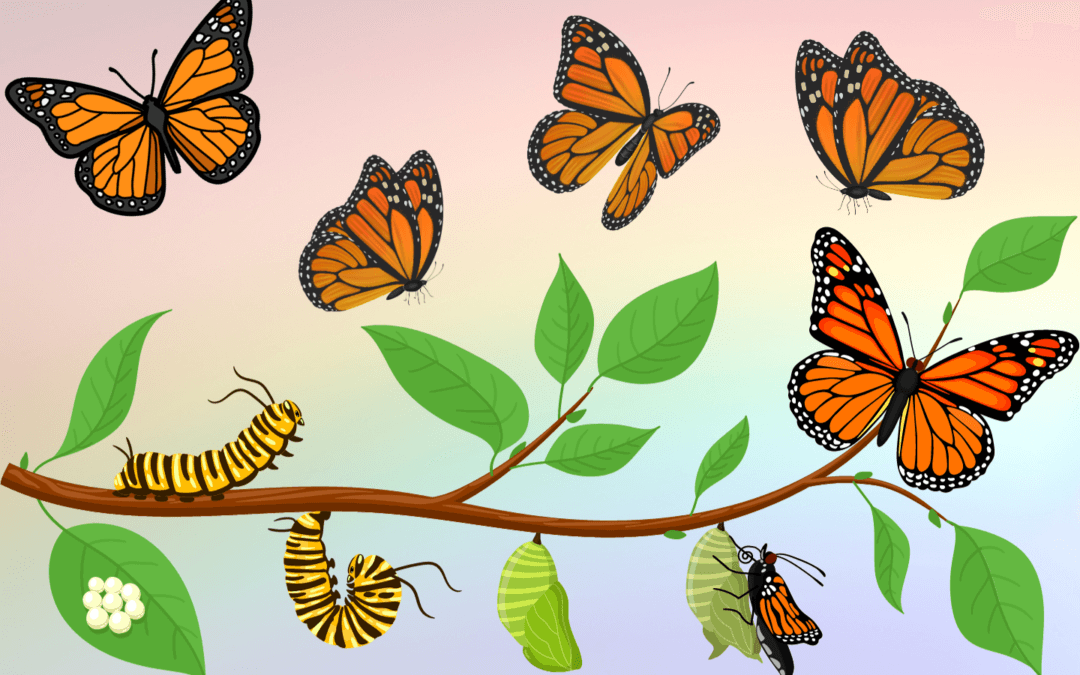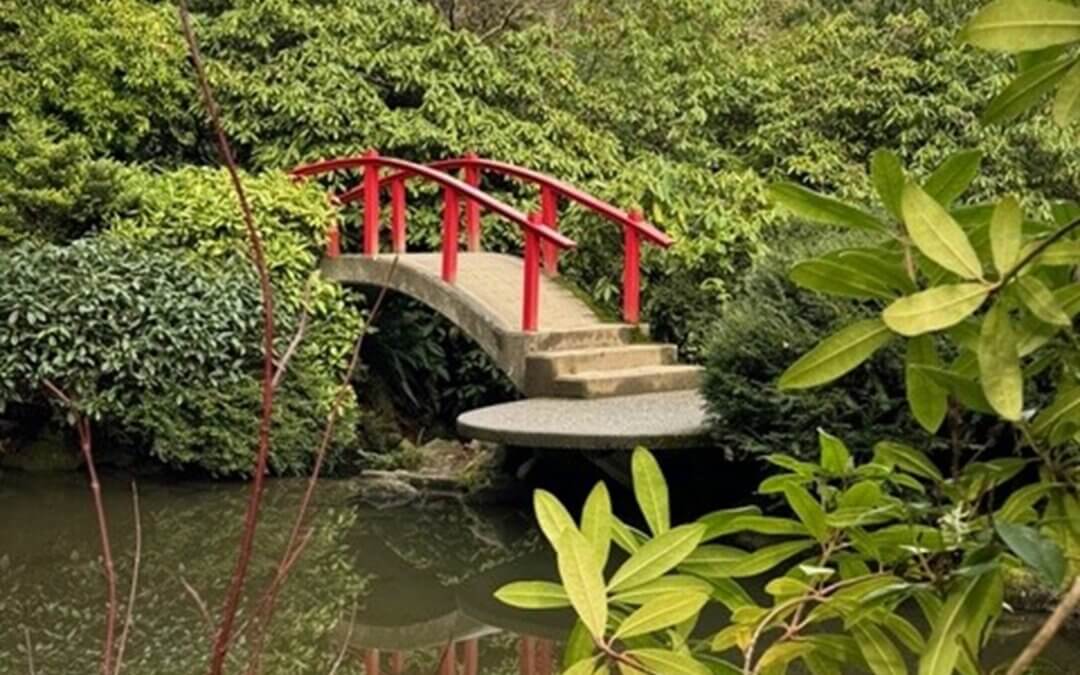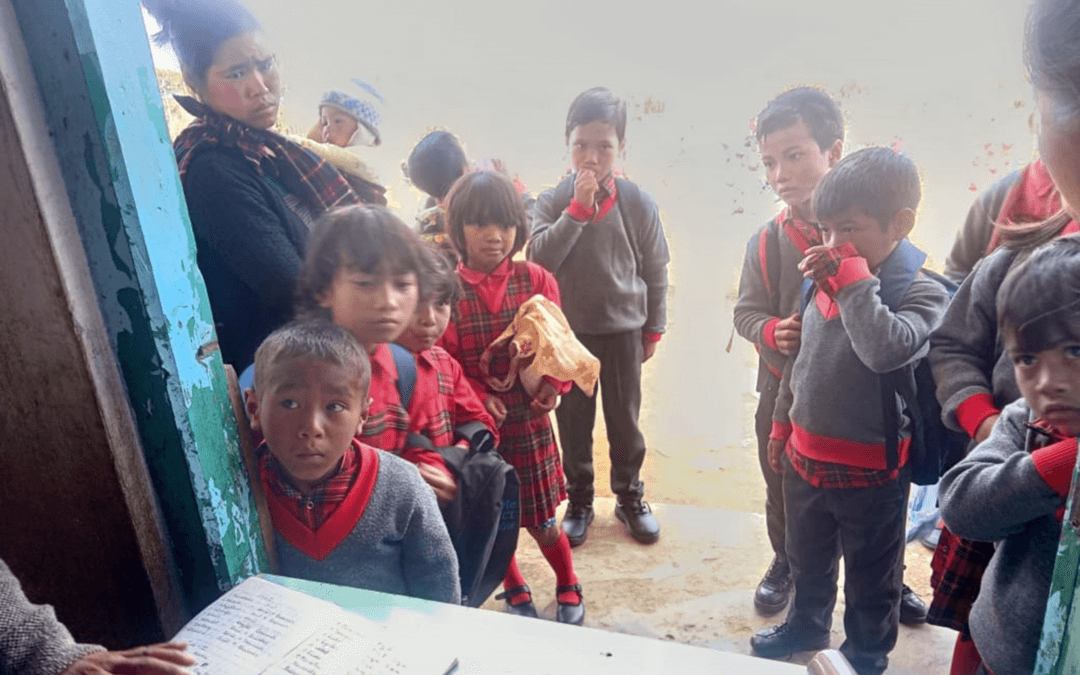
Cultivating Connection: Nurturing Our Partnership with the Khasi People
During the month of May, East Shore will celebrate our partnership with the Khasi people, who live in the rain-blessed hills of Meghalaya, India. On May 5th we will dedicate our worship service to the bond that East Shore has with these Unitarian friends.
- Rev. Morgan McLean, the Global Connection Program Manager for the UUA’s Global Connection and Emerging Community Office, will describe a new approach to global partnerships.
- Our Khasi Hills Ministry Team will share how transformational their partnering experience has been.
- This is a special Share-the-Plate service, where all donations will be shared with our two partner churches. Please give especially generously on May 5th to support their community projects and educational programs.
How to Attend
We encourage masks in all buildings. Read more about our In Person Guidelines here.
• To virtually attend, please Zoom in using room number 989 3107 9078, passcode: chalice.
• To phone into the service, call 669-900-6833, Meeting ID: 989 3107 9078.
For those joining, please mute as soon as you enter the room, so everyone can hear. Please note, the services will be recorded, but at this time, there are no plans to share the recording.
More Information
Religious Education for children and youth happens during worship on Sundays. Children and youth arrive in the Sanctuary for the just a little bit and welcome in Sunday with a story and song. Then, they attend their own programs in the Education building. Learn more here!
If you don’t have a chalice, but want to light one, check out our Making a Chalice at Home page.
In person services are followed by coffee hour.
Sermon Audio
Cultivating Connection: Nurturing Our Partnership with the Khasi People
Sermon Text
We Are a Global Faith
Good morning! I am grateful for this opportunity to join you virtually today, from my home in Springfield, Virginia, on the ancestral lands of Manahoac people.
As the Global Connections Program Manager in the UUA’s Office of Global Connection and Emerging Communities, I have the great pleasure of working with U/Us around the globe and finding new ways of being together. Today when I say U/Us, imagine a slash in the middle of the Us, encompassing Unitarian, Universalist, Unitarian Universalist, and Free ;l.Christian traditions.
If you are learning for the first time today that there are U/Us outside of the United States, you are not alone!
We have been introduced to the Unitarian Union of Northeast India. But if you imagine a map of the world, you would see pins of U/U communities in Brazil and South Africa and Burundi and the UK and Germany and Indonesia and the Philippines and Australia and many places in between.
Each pin in this map represents its own history, and social context for the faith. Many of these communities had their own discovery of our shared faith. American Unitarian Universalists didn’t have a missionary program – as we’ve never been big on forcing people what to believe. I will say we don’t have a perfect record on that, but that’s another sermon.
Of course the social and cultural realities of U/Us around the world are vastly different. In Transylvania there was a Unitarian King in 1568. In the United Kingdom the first Unitarian service was held in 1774 and the British Unitarians merged with the Free Christian Churches in 1928. The Universalist Church of the Philippines was founded in 1954. And the Unitarian Universalist community in Brazil celebrated their 3 year anniversary just yesterday!
We don’t have a worldwide pope, we don’t all believe exactly the same thing. But we are related, sharing a radical belief that we can change the world with the truth and love that is found within each person.
We share a yearning for connection and for opportunities of deepening one’s own faith by being in relationship with one another.
Barb and Doug shared about this congregation’s partners in North East India. It’s so wonderful to hear about the many people here who have fostered learning and friendship for many years.
Picture the map again, and India is kind of diamond shaped. There’s a part of India, North east of the main country we picture on the map. And it is there, in the state of Meghalaya, where you will find the Unitarian Union of North East India.
The Unitarians there are part of three tribes – the Khasi people who Barb told us about, and there is also the Pnar, and the Garo people. The indigenous religion there is a non-Hindu religion with the belief in a creator God. Welsh Methodist missionaries arrived there in the 19th century and created the first Khasi written text when they produced a Khasi translation of the Bible.
Our U/U connection begins with a Khasi person, Hajjom Kissor Singh was born in 1865 and attended a Methodist Missionary School, and began to question the Christian teachings as he read the bible for himself.
He began to form questions about the nature of Jesus and God, and soon learned that other people had done so in other places. Eventually he got connected to the writings of American Unitarian Minister William Ellery Channing, which gave Singh the word “Unitarian” for the faith he had articulated.
in the Khasi Unitarian hymnbook it describes Hajjom Kissor Singh’s idea of God as /
One God, one church/ One people, one mission/
Love God, love friends/ Live a blessed life
On September 18, 1887 Hajjom Kissor Singh led the first Unitarian church service in his home. One woman and two men joined him as the first members of a new church.
Today there are 35 Unitarian congregations there, and many of them have their own school.
Every year Anniversary Day is celebrated with a month of special meals and community building and ends in many places with a parade in the streets with music and a giant flaming chalice.
As Barb and Doug described, this is a faith community grounded in joy and hope and hospitality, and knowing them gives us an invitation to deepening the expression of our faith in similar ways.
The motto of the Unitarian Union of North East India is “To Nangroi” or “Keep on Progressing.”
Transcendentalist Henry David Thoreau wrote in his journal, December 31, 1837 “When any real progress is made, we unlearn and learn anew what we thought we knew before.”
We unlearn and learn anew what we thought we knew before. My own global U/U work has been an invitation to unlearn and learn anew everyday. I’d like to share a bit of my own unlearning and invite you this morning into personal reflection.
Since the start of the COVID 19 pandemic, the whole world has been learning anew. We have learned how truly interconnected humanity is around the globe, how vulnerable we are, and how much we need to care for each other.
At this moment in history, it has been critically important for me, and other Americans to take a step back, and consider the western, colonial tendencies that we might have had that did not foster equal relationships.
Americans are exceedingly generous and organizations have been able to do tremendous work around the globe thanks to American generosity. Think of the Planned Parenthood, or the American Civil Liberties Union, or the Unitarian Universalist Association and our global partners. Lives have been transformed!
AND now we have an opportunity reflect on that work. To reflect on the systems of relationships, charity, education, that have perpetuated inequality and inequity.
I am unlearning my white American “charity” mindset. We as a culture, have often had a sense that we are a fixer, people who know best… and with our money we can show others to the light. And gosh to we love a building project!
The learning anew is how I might listen to what is needed. Listen, without making suggestions — because I can be bossy and I can influence a decision both intentionally and unintentionally. In listening to what is needed, like in the ways this congregation has supported your partners, we are best able to match generosity with need.
What would it be like to give generously without expecting thank-you cards, or a name on the brick, or a ledger sheet of exactly how the funds were used. What if we gave with faith and trust and joy?
I am unlearning my white American love of spreadsheets and sense of work and outcomes. American organizations are hyper-focused on a Mission and Strategic Plans. Who has been part of a strategic planning process at work… or church?!
Our way of being is to assume if you lock us in a board room for a weekend, we can produce all the answers, and the due-dates, outlined for the next five or even ten years.
My learning anew is to wonder: How might we center relationships over outcomes? How might we make room in a 5 year plan for new ideas, for emerging connections, for inspiration?
For me the practice of noticing our behaviors and tendencies has helped to decolonize my own mind. And by that I mean let go of those militaristic and capitalistic concepts that are my white American history and social context.
I am always finding myself defaulting to these concepts.
I had the opportunity to present a community award to a Quaker church, a historic peace church. And I heard myself say into the microphone “thank you for always being “on the frontline” for justice!
Are we on the frontline in the fight for justice? Or are we holding hands to transform the world?
Do we need bullet points? Can’t they be “takeaways” instead?
We say things we don’t mean, like that we “slave over a hot stove.” Let’s stop saying that one.
There are so many things we say that evoke a history we do not mean. As we notice things like this, we are beginning to decolonize our minds, and eventually our way of seeing will shift.
In our work at the Unitarian Universalist Association we’ve recently starting using the word “global” more than “international” because borders of nation states, that are often created in conflict, are not what’s important in our relationships. And in fact, several U/U communities live within borders that do not reflect their identity.
In the UUA’s global work, we love opportunities like this today, to connect with congregations, and share a little of what we’ve learned, to learn from your experience, and build connections with global partners.
I want to pause for just a moment here and invite you to take a breath… go on – in and out…
And just notice if you resonated with any of these decolonizing ideas. Notice if you started making connections and wondering, or if you’re holding tension in your shoulders, or if you’re feeling uncomfortable. It’s good to notice.
How might you unlearn and learn anew? Are there phrases you hear yourself saying sometimes that you know you don’t mean? Are there ways you have engaged in justice activities that might have been a little bossy? What are ways you might consider your generosity that would be more open?
I know there are many opportunities to engage in such conversations in this congregation. As you do, as individuals and as a group, we all move together in building our faith community — and that extends to our cousins around the world. When are in relationship with intentionality, transformation happens.
Prior to my job at the UUA I was the volunteer chair of the board of what was known as the UU Partner Church Council. It was the organization that supported US congregations and their partnerships like yours. Even before the whole world changed in March of 2020, we knew that we needed to do things differently, and eventually we admitted to ourselves that we didn’t know how to do things differently, but that we were committed to a different way. Committed to keep progressing. To Nangroi.
So we took a bold step and dissolved that organization, and gave our power – our public support, our membership list, our remaining funds, and our true commitment – to a new thing.
We intentionally formed a group called the Leadership and Design Team, and encouraged making space for what’s next.
We knew that we couldn’t lock ourselves in a room for a weekend and create a product anymore. If we are to create organizations in new ways, we need time with space for reflection and personal growth.
And so this new group has been working together for 18 months in finding a truly new way of being. The UUA is able to support this group with my time, and financial grants – I am the facilitator, I send meeting reminders and set up the Zoom. But I am not the chair or the decider. I get to practice unlearning my bossy American ways everyday.
This Team is a group of 9 people, with varying levels of experience.. Half of them are under 40. All of them are committed to their faith communities around the world, all are creative thinkers, all are learning anew together.
They have taken the time to build relationships with each other and truly understand each other’s unique contexts and needs.
This is the future of our global faith. We are connected more than ever thanks to Zoom and WhatsApp, and generations of UUs who knew that global connection was life-giving and faith-deepening.
The Leadership and Design Team will soon launch a U/U Global Network, where individuals and groups can easily find each other and connect over shared interests and opportunities. It will be a more equitable space where generosity will meet needs, and tools like Google Translate will help resources and knowledge be more accessible.
This network will intentionally decenter American and Western voices, in some practical ways like encouraging staff and volunteer leadership from communities that haven’t had as loud of a voice, and by inviting us Americans into reflection on being in relationship in new ways.
We all have unlearning to do, and learning together new ways of doing things. And these are not insignificant things – new ways of using language, of sharing our wealth, and new ways of understanding our American selves in a global context.
You and I, all of us, are part of this.
What an exciting time to be part of a global community.
Thank you for holding hands to transform the world.
amen!
